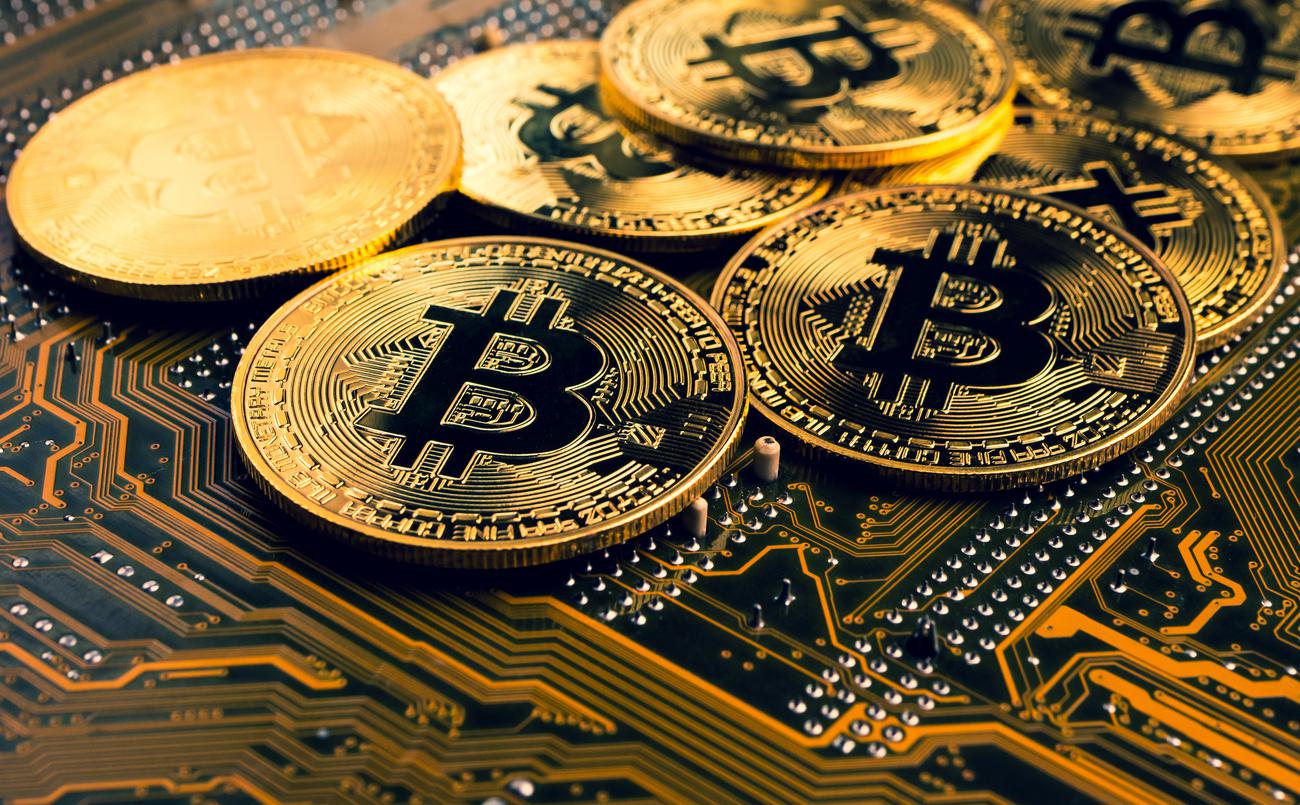The world of finance has reached a historic milestone with the establishment of the very first government-backed Bitcoin reserve and wallet. This landmark development marks a significant evolution in the integration of cryptocurrencies into sovereign financial systems. Traditionally, Cryptocurrencies like Bitcoin have been viewed with scepticism by governments and central banks, often due to concerns about volatility, regulatory uncertainty, and potential misuse. However, this initiative signals a clear shift toward embracing digital assets as legitimate components of national reserves and financial infrastructure.
This new government-backed reserve is a practical step toward integrating Bitcoin into the official monetary framework, supported by a safe, government-regulated wallet system. The reserve and wallet configuration allows citizens, institutions, and governments to store and transact Bitcoin Hits legally. This marks a turning point in the relationship between state institutions and decentralised digital currency.
Bitcoin as a Global Asset
Since its inception in 2009 by the pseudonymous Satoshi Nakamoto, Bitcoin has evolved gradually from a niche, experimental currency to a widely recognised digital asset. Early adopters primarily viewed it as a peer-to-peer electronic cash system. Still, over time, Bitcoin’s characteristics as a scarce, decentralised store of value have drawn significant attention from investors and institutions alike.
 El Salvador made Bitcoin legal tender, and other countries have attempted to regulate cryptocurrencies. No country had previously created a sovereign reserve backed by Bitcoin and a public digital wallet platform. This new project acknowledges Bitcoin’s national resource status as well as its investment value. It shows the global shift toward digital currencies, blockchain technology, and decentralised finance (DeFi) in economic systems.
El Salvador made Bitcoin legal tender, and other countries have attempted to regulate cryptocurrencies. No country had previously created a sovereign reserve backed by Bitcoin and a public digital wallet platform. This new project acknowledges Bitcoin’s national resource status as well as its investment value. It shows the global shift toward digital currencies, blockchain technology, and decentralised finance (DeFi) in economic systems.
Secure Wallet Enables Fiat-Bitcoin Transactions
The government-backed Bitcoin wallet is a cornerstone of this initiative. Unlike many private wallets on the market, this wallet is built with a hybrid architecture that combines cutting-edge cryptographic security with governmental oversight. It incorporates multi-signature authorisation protocols, biometric security features such as fingerprint or facial recognition, and encryption standards that meet or exceed international cybersecurity benchmarks.
The wallet infrastructure also includes real-time fiat-to-Bitcoin conversion tools, enabling users to seamlessly transact in Bitcoin while tracking the equivalent value of the national currency. This feature enables merchants, public services, and individuals to utilise Bitcoin without the technological constraints that sometimes hinder adoption. Identity verification is a part of the walletwallet’srding process to comply with AML and KYC regulations.This regulatory alignment reduces the risk of illicit activity and helps build trust among users and international partners.
Bitcoin Reserve Enhances Government Financial Strategy
Holding Bitcoin as part of a government reserve portfolio represents a forward-thinking diversification strategy. Traditionally, central banks hold foreign currency reserves, gold, and government bonds. The inclusion of Bitcoin introduces a digital asset class with unique properties, such as a fixed supply of 21 million coins and resistance to inflationary policies typical of fiat currencies.
In an era of rising inflation and geopolitical tensions that impact the stability of fiat currencies, Bitcoin’s stable nature and scarcity offer an alternative store of value. The reserve acts as a hedge against the risks associated with currency depreciation and global financial instability. Moreover, Bitcoin’s liquidity and borderless accessibility provide governments with a financial instrument that can be mobilised more flexibly than traditional assets. By publicly establishing a Bitcoin reserve, the government also sends a strong signal to investors and international markets about its commitment to embracing innovation and maintaining economic sovereignty. This can enhance the country’s reputation as a technology-friendly jurisdiction, attracting fintech investments and partnerships.
Government Bitcoin Wallet Advances Financial Inclusion
One of the most promising aspects of this government-backed Bitcoin wallet is its potential to enhance financial inclusion significantly. In many countries, large segments of the population remain unbanked or underbanked due to a lack of access to traditional financial services. By offering a secure, government-supported digital wallet, individuals can participate in the digital economy, receive remittances, and engage in commerce without needing conventional banking infrastructure.
Furthermore, this initiative promotes economic sovereignty by reducing reliance on foreign-controlled payment systems and correspondent banking networks. Bitcoin transactions occur on a decentralised blockchain network that is not subject to traditional political or economic controls. This autonomy is especially valuable for countries facing international sanctions or currency restrictions.
Government Bitcoin Initiative Shapes Global Politics
The introduction of a government-backed Bitcoin reserve and wallet has far-reaching implications, reverberating beyond economics into the realms of politics and international relations. It positions the nation as a pioneer in digital financial innovation, potentially influencing global policy debates on cryptocurrency regulation and adoption.
International bodies such as the International Monetary Fund (IMF) and the World Bank have expressed both cautious interest and concern regarding the systemic risks and regulatory challenges posed by cryptocurrencies. This initiative provides a live case study that could shape future multilateral approaches to digital assets. From a political perspective, it demonstrates a bold assertion of technological leadership. It may inspire other countries, particularly emerging economies, to explore similar paths to modernise their financial infrastructure and strengthen economic resilience.
Industry Leaders Praise Government Bitcoin Initiative
Thought leaders in the bitcoin sector, as well as others, have greeted the announcement with a mix of enthusiasm and analysis. One of Bitcoin’s well-known institutional supporters, Michael Saylor, CEO of MicroStrategy, described the action as “a pivotal advance towards the mainstream acceptance of Bitcoin as sovereign money.”
Companies in blockchain infrastructure, such as Coinbase and BitGo, have shown interest in assisting government initiatives with safe custody and compliance capabilities. These alliances highlight the growing cooperation between public organisations and private sector innovators in the crypto space.
Robust Legal Framework Governs Bitcoin Ecosystem
A comprehensive legal framework has been established to govern this new ecosystem. The government has enacted legislation recognising Bitcoin as a legal financial instrument and has defined the rights and responsibilities of wallet users. Tax treatment of Bitcoin holdings and transactions has been clarified to prevent ambiguity.
 An independent regulatory authority has been established to oversee wallet operations, monitor compliance, and safeguard user interests. This body collaborates with international organisations to ensure alignment with global standards on cryptocurrency governance, including adherence to the Financial Action Task Force (FATF) recommendations.
An independent regulatory authority has been established to oversee wallet operations, monitor compliance, and safeguard user interests. This body collaborates with international organisations to ensure alignment with global standards on cryptocurrency governance, including adherence to the Financial Action Task Force (FATF) recommendations.
Final thoughts
Although the creation of a government-supported Bitcoin reserve and wallet is historic, the project continues to face ongoing difficulties. Rising knowledge and confidence in digital currencies depend on public education. Improvements in scalability and user experience will help Bitcoin transactions become as smooth as those in conventional payment systems.
Currency volatility remains a significant issue; however, government control and real-time fiat conversions can help mitigate it. Progress in technology, including Layer 2 scaling ideas such as the Lightning Network, will help address transaction speed and cost issues. Building on this initiative, Central Bank Digital Currencies (CBDCs) and additional blockchain-based financial services may be introduced.


